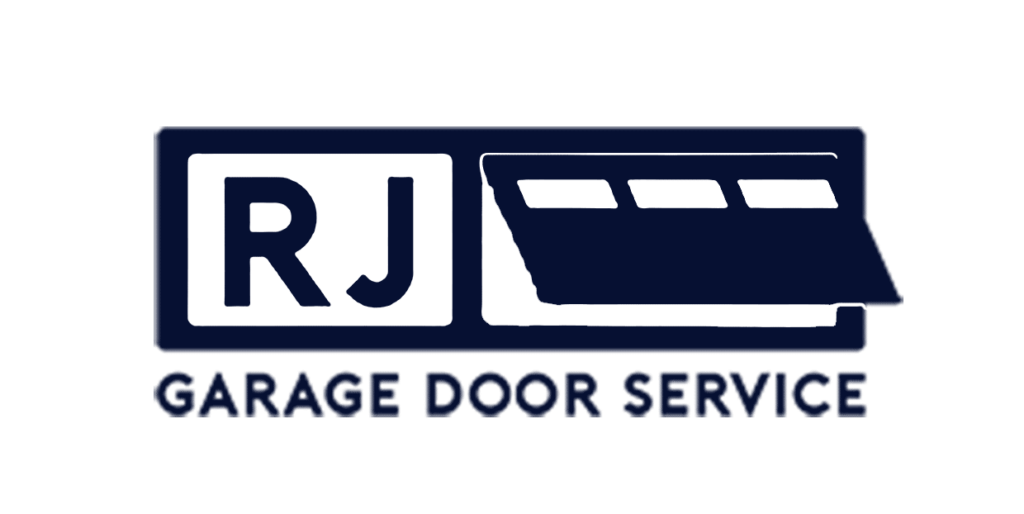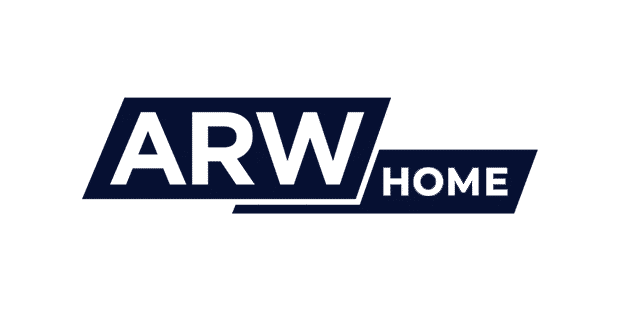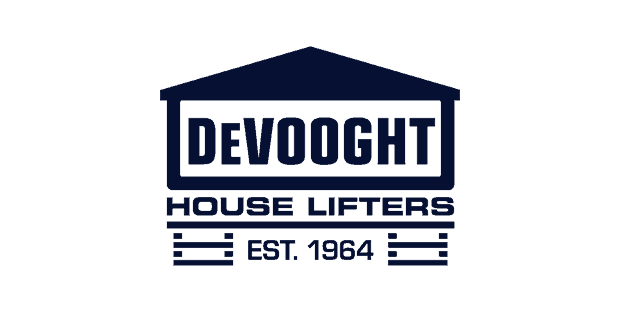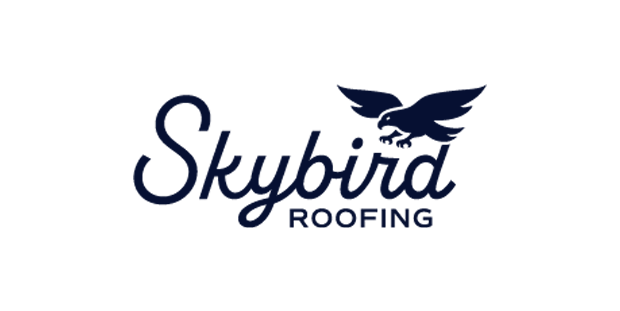The Team Trusted By Landscaping businesses compete in a crowded market where homeowners have endless options—from neighborhood teenagers offering mowing to large lawn care franchises running TV commercials. Standing out requires more than a truck with your phone number; it requires strategic digital marketing that positions your landscaping company as the professional choice for customers who value quality. Our landscaper marketing services help you attract the right customers: homeowners who want beautiful outdoor spaces and are willing to invest in professional landscape design, quality hardscaping, proper irrigation systems, and ongoing maintenance. We combine Local SEO, Google Business Profile optimization, pay-per-click advertising, and visual content marketing to generate leads that convert into profitable projects and recurring maintenance contracts. Landscapers face distinct marketing obstacles that require industry-specific strategies to overcome effectively. Our landscaper marketing approach covers every channel that drives qualified leads for lawn care, landscape design, hardscaping, and maintenance services. We optimize your landscaping company’s online presence to dominate local search results. Our Local SEO services include Google Business Profile optimization with complete service categories—lawn care, landscape design, hardscaping, patio installation, retaining walls, irrigation systems, tree and shrub care, and seasonal maintenance. We build citations across landscaping directories, create optimized service area pages for each city and neighborhood, and ensure consistent NAP information across the web. This helps you rank for searches like “landscaper near me,” “lawn care service [city],” and “patio installation [neighborhood].” Your website must showcase your work and convert visitors into leads. We design visually stunning landscaping websites featuring project galleries, service descriptions, and clear calls to action. Separate pages for lawn care, landscape design, hardscaping (patios, walkways, retaining walls), irrigation installation, and seasonal services ensure customers find exactly what they need. Prominent free estimate request forms and click-to-call buttons make it easy to connect. Educational content positions your company as the local landscaping authority. We create seasonal maintenance guides, plant selection advice, hardscaping inspiration articles, and lawn care troubleshooting content. This material attracts organic search traffic, builds credibility, and helps homeowners understand why professional landscaping services deliver superior results. Landscaping is inherently visual—your work needs to be seen. We produce professional photography of completed projects, time-lapse videos of landscape transformations, and behind-the-scenes content showing your team’s expertise. These assets enhance your website, social media, and advertising campaigns while differentiating your business from competitors with amateur photos. Pay-per-click advertising puts your landscaping business in front of homeowners actively searching for services. We create targeted Google Ads campaigns for lawn maintenance, landscape design, hardscaping projects, and seasonal services. Campaigns include click-to-call extensions for immediate inquiries, location extensions showing your service area, and detailed conversion tracking measuring cost per lead. We segment campaigns by service type and value—attracting both recurring maintenance customers and high-value design/build projects. Google Local Services Ads position your landscaping company at the very top of search results with the Google Guaranteed badge. This verification shows homeowners that Google has confirmed your business license and insurance. The pay-per-lead model means you pay only for actual customer contacts, not wasted clicks. We manage your LSA profile, optimize for lead quality, and dispute invalid leads to maximize your return on investment. Landscaping customers heavily research reviews before choosing a provider. We implement systems that generate consistent five-star reviews on Google, Yelp, Facebook, and Houzz. Our reputation management includes monitoring all platforms, responding professionally to feedback, and showcasing testimonials throughout your marketing. Strong reviews build trust and improve local search rankings. Visual platforms like Instagram and Facebook are perfect for showcasing landscaping work. We manage your social media presence with before-and-after project photos, seasonal lawn care tips, design inspiration, and customer testimonials. Social media builds brand awareness, engages your community, and generates referrals when followers share your impressive project photos. As one of the largest home service industries, the landscaping market rewards companies that invest in visual marketing — high-quality project photos on Google Business Profile, Instagram, and Facebook ads drive significantly more engagement and leads than text-only campaigns. A massive workforce reflects both the size of the opportunity and the level of competition — landscaping companies that build strong brand identities through consistent digital presence, branded content, and customer testimonials will attract both clients and top-tier employees. With nearly 700K competitors, standing out requires more than just good work — local SEO, paid search campaigns targeting neighborhood-specific keywords, and automated review generation are non-negotiable for any landscaping company that wants to grow. Rapid growth means new customers are entering the market every year — companies that run seasonal ad campaigns aligned with spring clean-ups, fall services, and holiday lighting will capture demand from first-time buyers who haven’t chosen a provider yet. The majority of revenue comes from homeowners, making residential-focused digital marketing the highest-ROI play — Facebook and Instagram ads targeting homeowners by zip code, home value, and interests consistently outperform broad campaigns for landscaping leads. Sources: IBISWorld, National Association of Landscape Professionals, Mordor Intelligence Yes. We create separate campaigns for lawn care maintenance, landscape design, hardscaping projects, and seasonal services. Each campaign targets specific customer intents with relevant keywords, ad copy, and landing pages to maximize conversion rates. We target keywords and audiences actively researching landscape design, outdoor living spaces, patio installation, and property renovation. Portfolio-focused landing pages, premium pricing positioning, and content marketing establish your company as the choice for serious projects. Absolutely. We create separate marketing strategies for residential homeowners and commercial property managers, each with appropriate messaging, channels, and targeting to reach the right decision-makers. We plan marketing calendars around seasonal demand patterns, increasing budgets during peak spring months while promoting off-season services like hardscaping, snow removal, and holiday lighting during slower periods. Monthly reports include leads by source, cost per lead by service type, phone call recordings, form submissions, and when available, booked estimates. We analyze which services generate the best return and adjust strategies accordingly. Yes. We support multi-location landscaping companies with location-specific marketing, individual Google Business Profile management, and consolidated reporting across all service areas. Digital Marketing Services For Landscapers







Transform yards and grow your landscaping business with digital marketing that attracts property-proud homeowners. Our landscaper marketing services generate consistent leads for lawn care, landscape design, hardscaping, and maintenance contracts through Local SEO, Google Ads, and targeted social media campaigns.

Why Landscaping Companies Need Specialized Digital Marketing
Marketing Challenges We Help Landscaping Companies Solve

Digital Marketing Services for Landscaping Companies

Local SEO for Landscapers
Landscaping Website Design & Conversion Optimization


Landscaping Content Marketing
Professional Photography & Videography


Google Ads & PPC for Landscaping Companies
Local Services Ads for Landscapers


Reputation & Review Management
Social Media Marketing for Landscapers

Benefits of Working With Our Landscaping Marketing Team


Landscaping Company Marketing Stats
U.S. landscaping services revenue is estimated at approximately $188.8B in 2025–2026
The industry employs more than 1.4 million people
There are approximately 692,777 landscaping businesses in the U.S.
Industry revenue grew roughly 6.5% annually between 2020 and 2025
Residential demand accounts for 61% of the U.S. landscaping market

Landscaping Company Digital Marketing FAQs
Do you run Google Ads for landscaping services?
How do you help attract higher-value design projects?
Can you market both residential and commercial landscaping?
How do you handle strong seasonality in landscaping?
What reporting do landscaping companies receive?
Do you work with lawn care franchises?